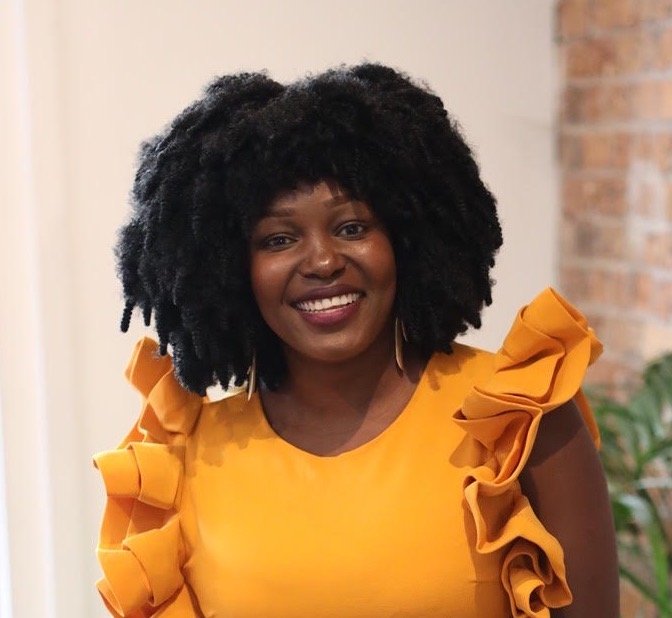 harlot Magayi is the founder and CEO of Mukuru Clean Stoves. Orphaned at the age of 10, Charlot grew up in Mukuru, one of the biggest slums in Nairobi, and became a mother at age 16. When her two-year-old daughter suffered a severe burn injury caused by a traditional stove, Charlot was moved to provide safer cooking technologies for her community. She founded Mukuru Clean Stoves to help mothers keep their children safe, save on fuel consumption, and reduce household air pollution. She has been recognized and awarded for her fight against household air pollution and global poverty and her work to empower marginalized women in western Kenya. She won the Waislitz Global Citizen Award in 2019, The World Bank’s inaugural SDGs and Her Award in 2018, and the AWIEF Empowerment Award in 2019. Charlot believes in a toxin- and the smoke-free world and has dedicated her time, skills, and experience to fighting household air pollution. Charlot is a 2020 Echoing Green Fellow.
harlot Magayi is the founder and CEO of Mukuru Clean Stoves. Orphaned at the age of 10, Charlot grew up in Mukuru, one of the biggest slums in Nairobi, and became a mother at age 16. When her two-year-old daughter suffered a severe burn injury caused by a traditional stove, Charlot was moved to provide safer cooking technologies for her community. She founded Mukuru Clean Stoves to help mothers keep their children safe, save on fuel consumption, and reduce household air pollution. She has been recognized and awarded for her fight against household air pollution and global poverty and her work to empower marginalized women in western Kenya. She won the Waislitz Global Citizen Award in 2019, The World Bank’s inaugural SDGs and Her Award in 2018, and the AWIEF Empowerment Award in 2019. Charlot believes in a toxin- and the smoke-free world and has dedicated her time, skills, and experience to fighting household air pollution. Charlot is a 2020 Echoing Green Fellow.
Mukuru Clean Stoves (MCS) designs, manufactures, and distributes improved efficient, and reliable cookstoves. MCS makes its stoves with locally sourced recycled metal and distributes them through networks of local women business owners. MCS’s vision is to eradicate household air pollution and energy poverty in underserved markets in Africa.
Q: How did you get to know about Jack Ma Foundation’s Africa’s Business Heroes (ABH) prize competition, and what did you do differently to be selected among the Top 10 oustanding African entrepreneurs this year?
I learnt about it last year when a friend of mine was one of the finalists. I’m not sure what I did differently, it has been an intense journey competing with some of the best entrepreneurs on the continent. I’d like to believe that my personal journey and persistence throughout the years had something to do with it, but that is the same for most entrepreneurs.
Q: What lessons have you learned from the ABH program?
The most important lesson I have learnt is the benefit of having a mentor, during this competition, I have learnt more about my business than I did in the four years I have been running it. Through the questions asked by my mentors, I found myself answering questions I have never been asked before, revealing information about my business I had no idea I had, and then using that information to try to make it through to the next stage of the competition.
Q: How do you plan to use the experience and lessons from the program, to impact local business in Kenya?
I am already using the resources from the program to get new partners and improve our business model in order to reach new markets and impact more lives.
Q: The ABH initiative is ongoing for another 7 years, who is eligible to apply and what tips can other startups take note of to enable them to participate next year and in the other upcoming editions?
ABH is one of the most competitive programs to get on globally, my advice, start early, that is as soon as the call launches, start your application. It gives you more time to perfect it as the application is very long. When you do apply, put everything on the table, do not leave anything out. Talk about every aspect of your business as I believe it gives you a better chance
Q: How do you plan to use your share of the money you will be getting in November this year from the ABH?
We plan to use the funding to build a second distribution center, increase production capacity and replicate our business model in the next region in Kenya.
Q: What problem is your business solving in Africa, in Kenya, or your community?
Mukuru Clean Stoves is specifically addressing the affordability and accessibility problems confronting improved cookstoves. Through utilizing recycled materials, establishing partnerships with local women business owners, and ultimately, incorporating the knowledge and expertise of women throughout the entire value-chain, we have been able to reduce the production costs, whilst maximizing and optimizing the distribution network, hence streamlining the pathway to scale.
Q: Do you think this is the right time for your startup to solve the problem?
Mitigating the impacts of climate change in communities that are hardest hit is especially important today as we are learning about how it affects other aspects of our lives. Improved cookstoves are helping reduce the decline in forest covers, improve the health and well-being of marginalized communities, and economically empower local women business owners who are the backbone of most under-served communities.
Q: Does your solution fit in the market? (Do people want it)?
I believe it does go by the sales numbers; since 2017, over 70,000 Mukuru cookstoves have been sold in 3 counties in Kenya (Siaya, Vihiga, and Kisumu County). The cookstoves have allowed more than 350,000 people to benefit from cleaner air in their homes. This positive impact is mainly felt by women, who are generally the main cookers in Kenyan households. Based on kitchen performance surveys, Mukuru’s improved cookstoves reduce, on average, 40% of wood fuel consumption, which amounts to $8 per month per household (average monthly incomes vary from $30 to $100). By using Mukuru’s energy-efficient cookstoves, women spend 50% less time cooking, which allows them to free up time for income-generating activities, such as weaving and farming.
Q: Tell us more about your team, why are you the best to solve this problem?
Our management team is made up of experienced, highly skilled women, and our board is comprised of previous financial investors and industry experts. Our artisans and field officers are local youth within the communities we work in.
Q: How innovative is your startup? (technological/social innovation).
Our cookstoves are made using locally sourced recycled metal and our business model incorporates the knowledge and expertise of our primary users (women) throughout the entire value chain.
Q: What is the social impact of your startup and what makes you different in the market?
We recycle waste metal to manufacture improved, affordable and efficient cookstoves. This enables households to reduce their fuel consumption by 30-60%, decrease household air pollution by 50-90% and limit the risk of burns in children by 40%. Our clean cookstoves are distributed by local women business owners who earn a 10% commission on every sold stove, economically empowering them by raising their household income by an average of $7 weekly.
Q: How are you scaling up the startup and how do you measure your success?
We are replicating our business model in new markets and are currently working on market entry in a new region in Kenya. We measure our impact by the number of households that have adopted our cookstoves (70,000), the amount of savings made on fuel consumption ($2 per week per household, or a total of $560,000 per month), the number of women business owners working as our sales agents (207, with an increased household income of $8 week), GHC emissions avoided and the number of people benefiting from cleaner air in their homes (400,000), the volume of recycled waste (10,000 metric tonnes) and the number of local youth trained and employed as artisans and field officers (21).
Q: What advice do you have for budding entrepreneurs and new startups in Kenya?
Find solutions to teething challenges in your community and then figure out an innovative and sustainable way to solve them.
Contact details: (Mukuru Clean Stoves, Lwak Memba rd, Kalandin, Siaya.)
Website: mukurustoves.org
Email: (info@mukurustoves.org)

































